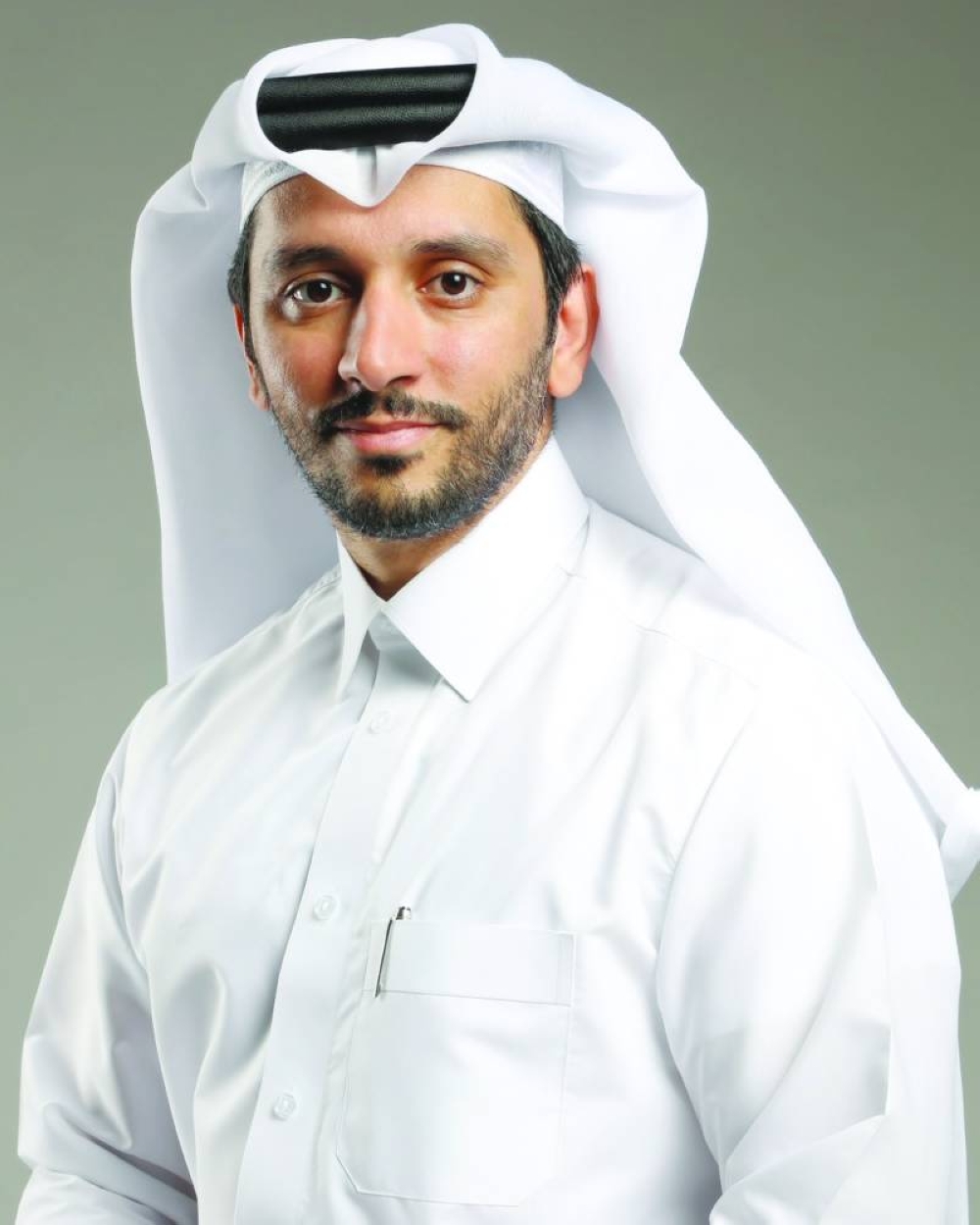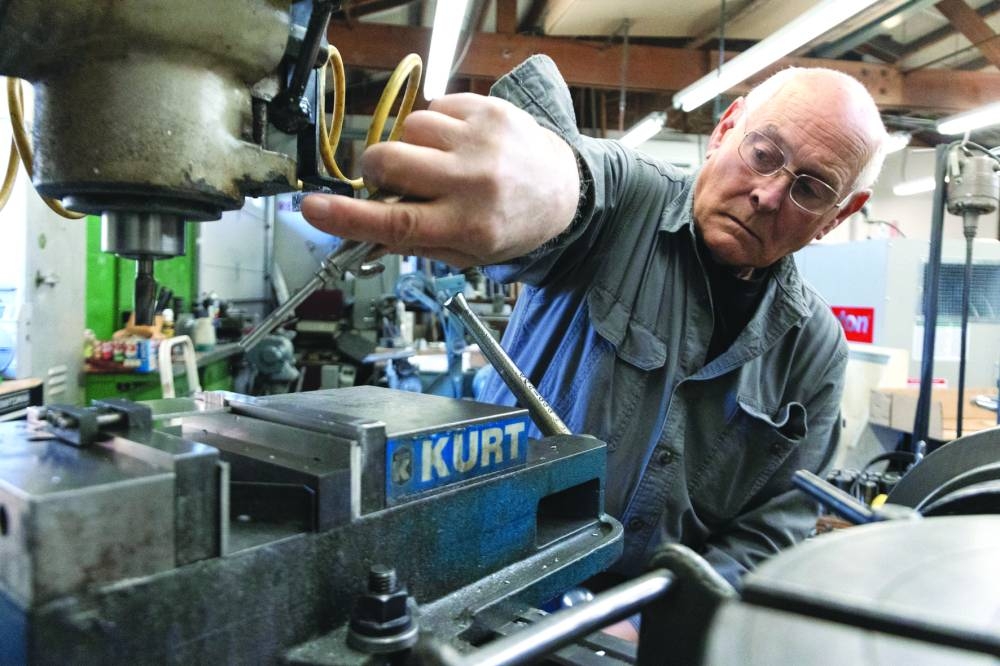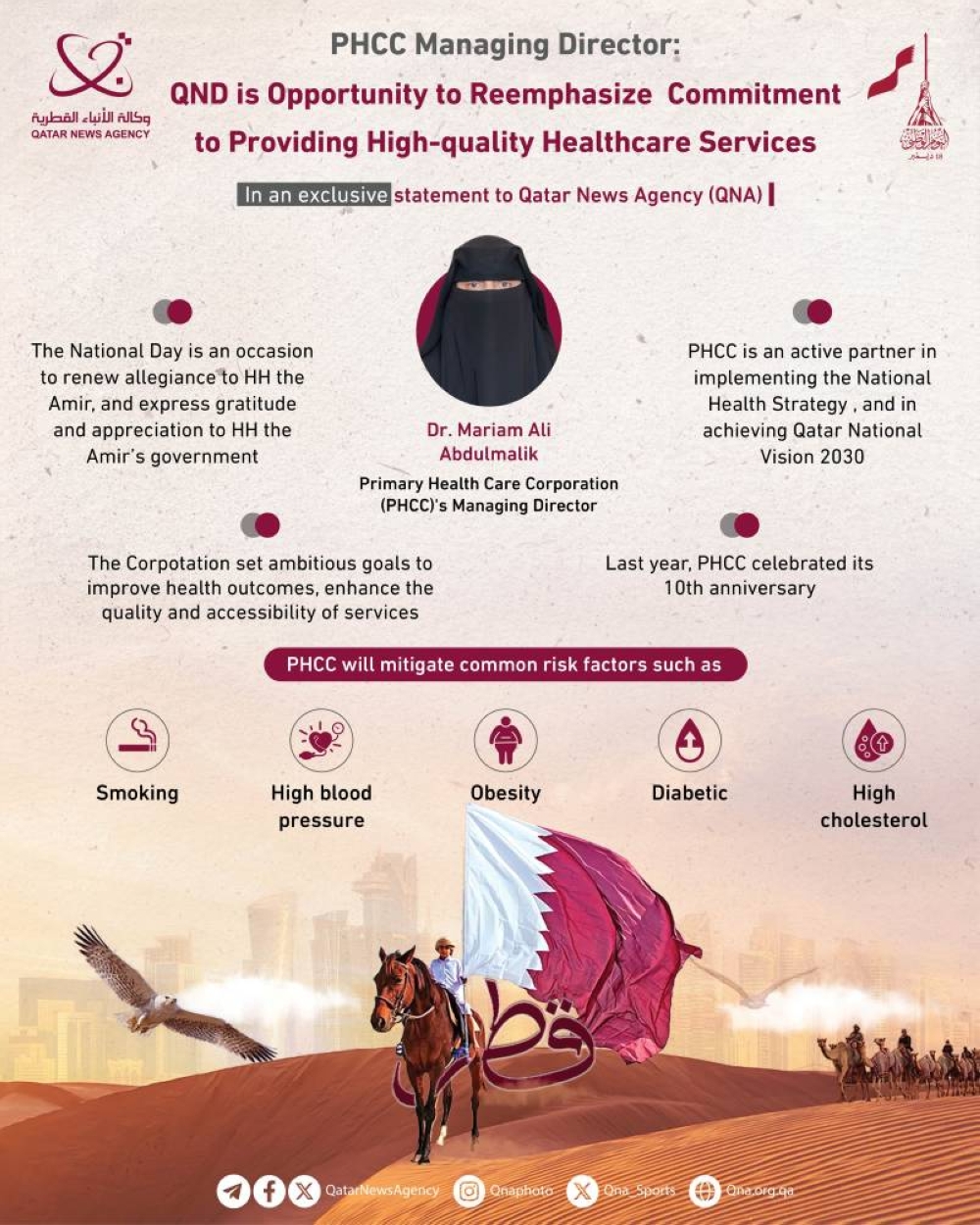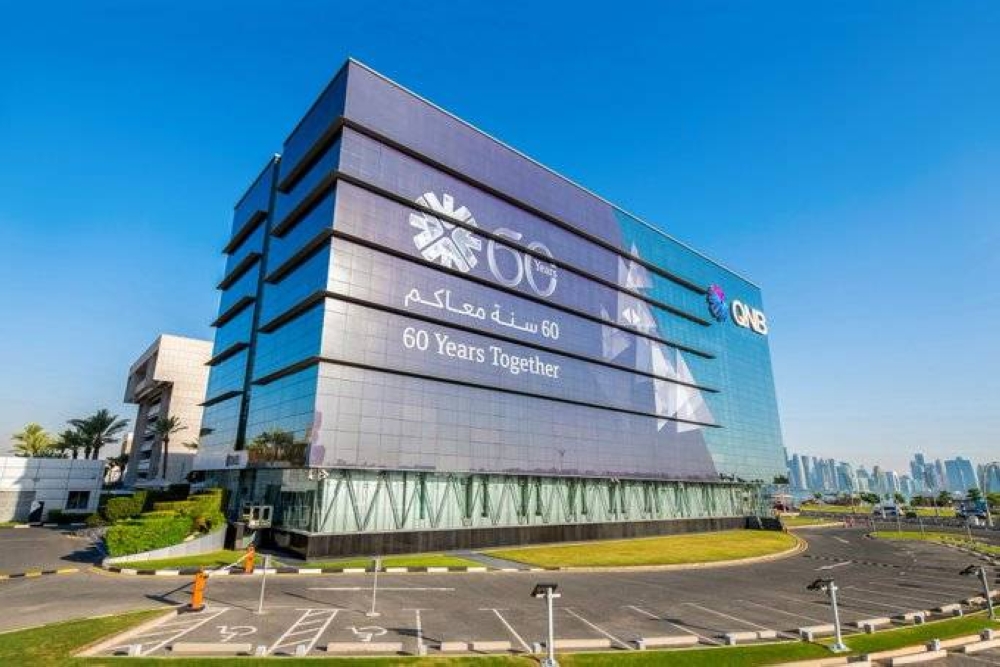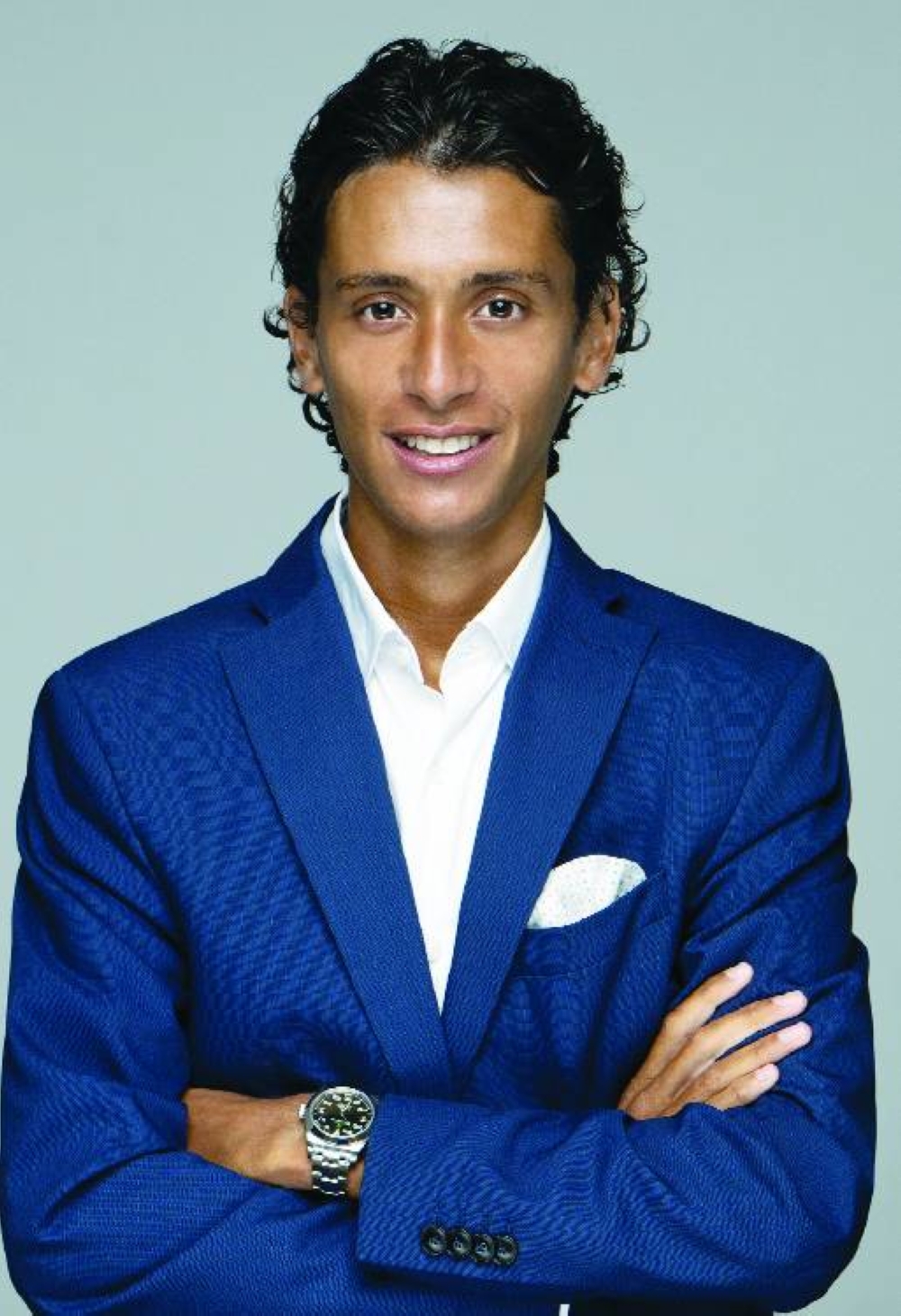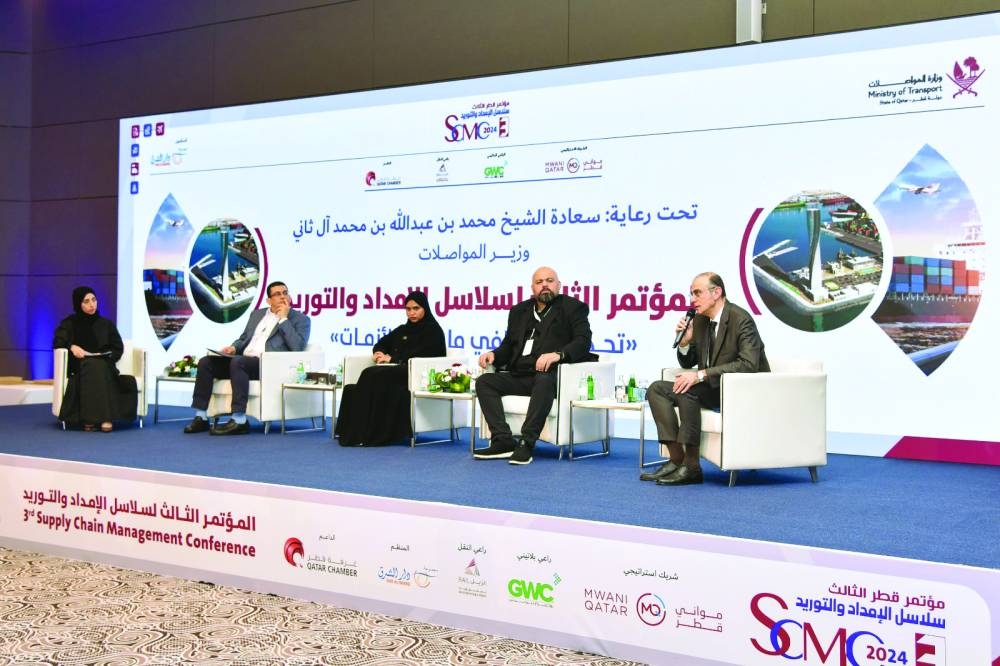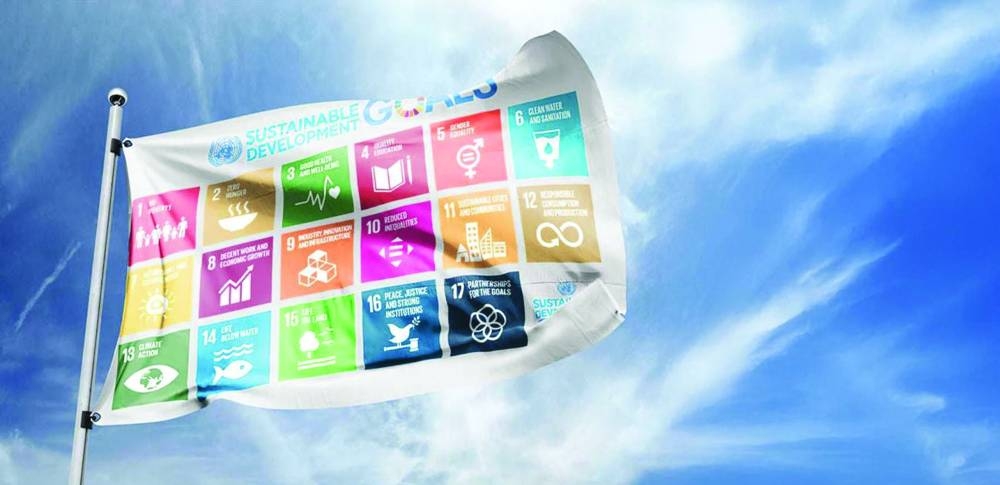A tumultuous political year has been accompanied by surprisingly benign economic indicators, although growth in some markets is subdued. A delicate balance continuesIn 2024 we have experienced generally benign economic conditions for most of the world despite fierce regional conflicts and volatile politics. The outlook from the IMF in October reported economic growth to be ‘stable yet underwhelming’ – somewhat subdued in the Middle East, Europe, central Asia and sub-Saharan Africa, higher in the USA, and also in emerging Asian economies, helped by surging demand for semiconductors and electronics. The growth in artificial intelligence is driving significant demand.On interest rate policy, there were no major shifts in policy direction. Just over a year ago, in late 2023, some economists had been anticipating several interest rate cuts during 2024. But recession did not threaten and the sober projections of the IMF and central banks proved to be closer to the mark, anticipating just three interest rate cuts in the year. In the end, there were two, although one was of half a percent, not the usual quarter, so this projection – which I am relieved to say I concurred with a year ago – was spot on.Employment continued to rise in the US in 2023 and in 2024. In the year October 2023-October 2024, there was an average of 194,000 additional jobs each month, according to the Bureau of Labor Statistics. Unemployment edged up in the middle of the year to 4.3% before falling back to 4.1%. GDP growth in the US has been in the 2-3% per year range for the past few years, except for 2020, the year of Covid.Europe has experienced much more sluggish growth. The former economic powerhouse Germany has faced something close to a crisis. Its previously dominant car manufacturing industry is threatened by competition from Chinese companies, which can make electric vehicles (EVs) much more cheaply.Both Germany and France have faced political uncertainty. The coalition government in Berlin fell in early November after Chancellor Olaf Scholz dismissed the Finance Secretary Christian Lindner over a dispute in which Lindner, head of the Free Democrats, refused to a lifting of the debt brake in order to boost spending and growth. There us due to be a vote of confidence in the three-party coalition in January.In December, the French Prime Minister Michel Barnier attempted to force through a relatively austere budget through the hung parliament, but populist parties of both left and right blocked this, resulting in political paralysis. Barnier was forced to step down after just three months.The most significant political event of the year has been, of course, the election of Donald Trump to the US Presidency. His Republican Party gained control of the Senate and House of Representatives, so he has a mandate for his radical agenda of trade tariffs, repatriation of undocumented migrants, and likely brinkmanship in geopolitical negotiations with Europe, President Putin in Russia, the Middle East and, most significantly, China. He takes up office next month.In the Middle East, we have witnessed the shocking escalation of conflict between Israel and Hezbollah in Lebanon, followed by the announcement of a ceasefire in late November. It is to be hoped that de-escalation can continue in the region, with improved prospects ultimately for those in the conflict zones. Meanwhile, Syria experienced a dramatic turning point as the president fled the country amidst a surge of rebel forces taking over key regions.In Ukraine, the attritional warfare has continued. Gains that Ukraine had made in 2023 were partially lost in the Russian offensives of 2024, but at considerable loss of life. In August, Ukraine seized a part of Russian territory near Kursk and has held on to some of the territorial gains, while being pushed back in others. Trump has promised to end the bloody stalemate and impose a settlement – a huge challenge he has set himself.Troops from Communist North Korea were confirmed to have joined Russian forces in the conflict, causing concern around the world at regional or even global escalation. Meanwhile South Korea, normally a bastion of prosperity and political stability, was affected by the decision in early December by President Yoon Suk-yeol to impose martial law as part of a clampdown against Communist elements sympathetic to North Korea. This prompted an immediate protest from Parliamentarians and the public alike, and consequent withdrawal of the plans, although the situation remains uncertain. President Yoon is set to face impeachment proceedings.As the year ends, the forces of moderation and turbulence would appear to remain in a delicate balance.The author is a Qatari banker, with many years of experience in the banking sector in senior positions.
Thursday, February 12, 2026
|
Daily Newspaper published by GPPC Doha, Qatar.

